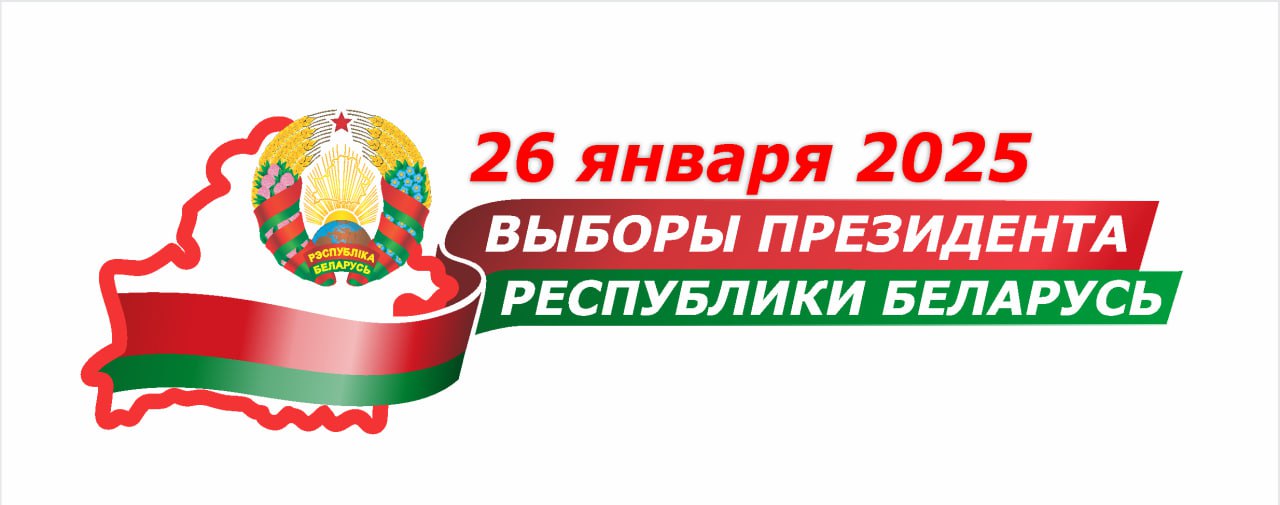The Belarusian Trade Ministry will not allow a shortage of imported goods, First Deputy Trade Minister Mikhail Sventitsky told reporters at the international wholesale fair Kultbytkhoztovary on November 17. The fair opened in Minsk the same day.
“We will strictly control the consumer market situation in order to prevent the slightest disruptions in supplies of goods to individuals,” said Mikhail Sventitsky. The official also remarked, “If there are obvious difficulties with imports, we will contact banks to ensure the financing of deliveries”.
As far as primary importance imports are concerned, there is complete understanding with the National Bank and other banks, which believe that the deliveries should receive full loan support. “However, such measures will be taken regarding the certain commodities manufactured in Belarus,” said Mikhail Sventitsky.
In his words, the domestic industry covers the larger part of demand of Belarusians for commodities. For example, the industry covers around 96% of the individuals’ demand for TV sets and over 80% of the demand for refrigerators. The share of Belarus-made goods in retail trade of shops stood at 78.9% in January-October, including 85.9% of foods and 69.8% of non-foods.
BelTA reported earlier, the NBRB now disallows importers to transfer payments from an account opened in a Belarusian bank to non-residents as part of a foreign trade contract, which provides for import, before the date the non-resident’s obligations to the importer regarding the delivery of commodities, handover of protected information, exclusive rights to intellectual property, accomplishment of work expire. A NBRB permission is required to buy foreign currency on the exchange market and over-the-counter market. To get the permission, an importer is supposed to submit an application to the Council of Ministers explaining the need for the permission as well as a copy of the relevant foreign trade contract. In addition the National Bank has the right to demand other documents concerning the foreign currency deal. The regulation came into force on November 16, 2008.
БЕЛТА
